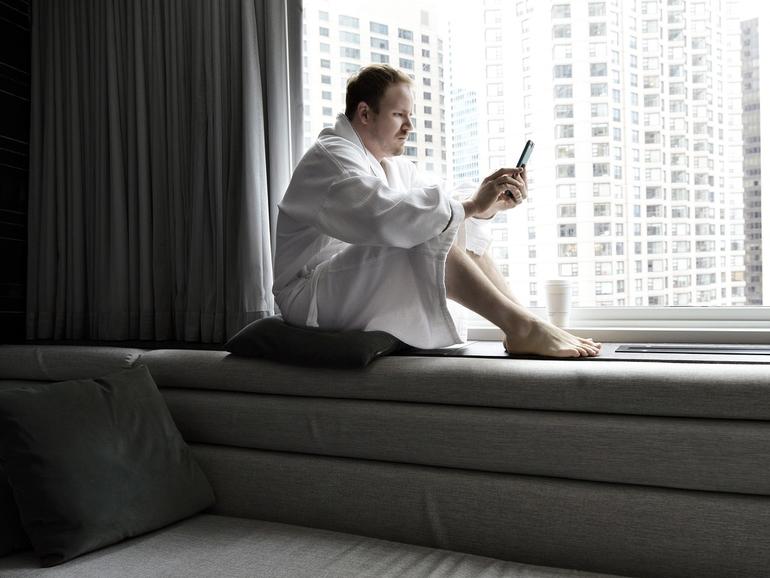Do you feel a little isolated when you are working from home? Don’t worry, you are not alone. it seems like many of us are worried about the lack of networking opportunities and what companies are doing to support us.
As COVID-19 cases surge and restrictions return, going back into the office is still a distant reality. Managers are going to need to find creative ways to keep their teams engaged to avoid messing up employee career plans and meet their needs.
San Francisco, CA-based anonymous professional network Blind asked 1230 of its users in November what was giving professionals WFH FOMO and what steps their company was taking to support them.
The poll uncovered some of the benefits that companies offer to offset the challenges workers face when working from home and trying to communicate with their colleagues.
The poll showed that almost three in five (57%) professionals (including 61% of Microsoft, 67% of LinkedIn, 65% of Cisco, and 64% of Apple employees) said they were afraid of missing opportunities to network with more experienced colleagues.
Almost one in nine (13%) were afraid of missing access to mentors. Over two in five (42%) of Qualcomm respondents and 31% of Oracle employees said they were afraid of missing access to mentors. On the other hand 0% of respondents who worked at Expedia or Apple felt this way.
Despite the FOMO, 85% of professionals say their company is offering emotional well-being initiatives.
Almost nine out of ten (87%) Google respondents say their company is offering emotional well-being initiatives, contrasted by 88% of Capital One respondents who said their company is NOT is offering emotional well-being initiatives.
Three out of four; (75%) of professionals say their company is offering flexible work hours. Interestingly, of the professionals who said their company is offering emotional well-being initiatives, 85% said they also offered flexible working hours.
All of Linkedin, Indeed, and SAP respondents say their company is offering flexible work hours.
FOMO while remote working can be particularly hard to detect. Do remote workers find enough downtime whilst WFH and how can we improve the workplace?
The evolution of webinars like Zoom and collaboration apps like Slack have extended that communication medium into standard business activity. However, it may not be enough. How can we improve the work from home experience to emulate the in-person office?
Are collaboration apps enough – or do we actually need that face-to-face watercooler time after all?





